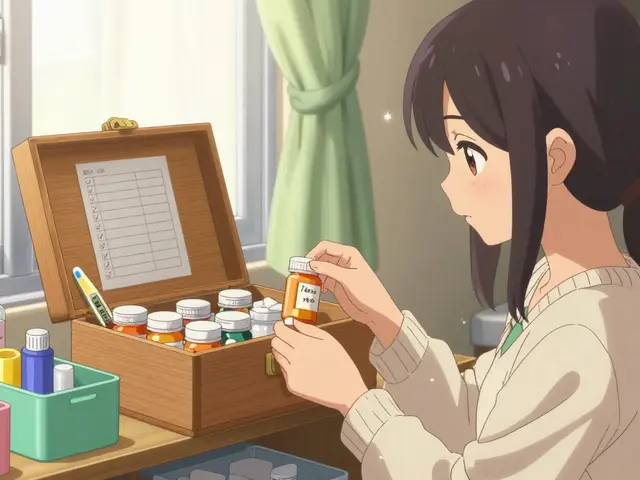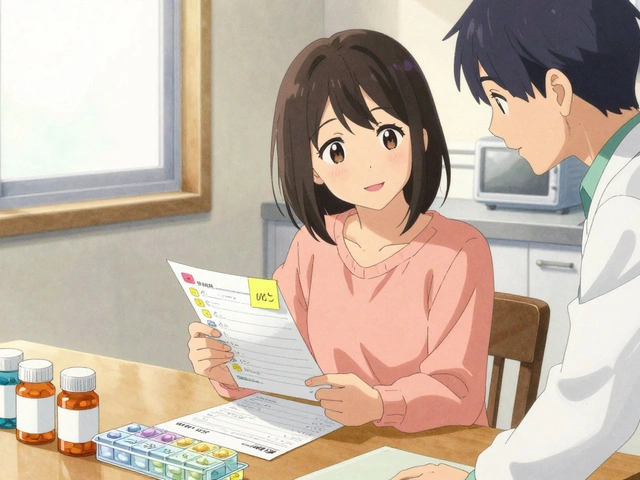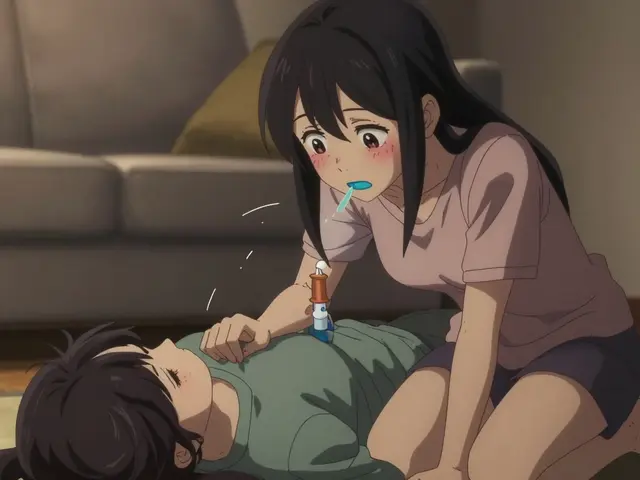Herpes – What You Need to Know
Herpes is a common virus that shows up as sores on the skin or inside the body. Most people get it at some point, and many never even know they have it. The good news is that you can manage symptoms, lower the chance of passing it on, and live a normal life.
Common Symptoms and Types
There are two main types: oral herpes (usually HSV‑1) and genital herpes (usually HSV‑2). Oral herpes often causes cold sores around the mouth, while genital herpes shows up as pink or red bumps, blisters, or ulcers in the private area. Both types can feel itchy, tingly, or painful before the sores appear.
Outbreaks usually last a week to ten days. Some people get them once a year, others several times a month. The first outbreak is often the worst, with fever, swollen glands, and sore muscles. After that, the virus hides in nerve cells and can reactivate when your immune system is weak, you’re stressed, or you’ve had a lot of sun.
Treatment Options and Prevention Tips
Antiviral pills like acyclovir, valacyclovir, and famciclovir are the main treatment. They can speed up healing, make sores less painful, and cut down how often outbreaks happen. Starting medication within 48 hours of spotting a sore works best.
If you get frequent outbreaks, talk to your doctor about daily suppressive therapy. Taking a low dose every day can keep the virus from flaring up and dramatically lower the risk of passing it to a partner.
Here are quick steps to prevent spreading herpes:
- Use condoms every time you have sex, even if there are no visible sores.
- Avoid sexual contact during an outbreak or when you feel the early warning signs.
- Tell your partner so you can decide together on safe practices.
- Wash your hands thoroughly after touching a sore.
- Apply a cold compress or over‑the‑counter cream to reduce pain.
Living with herpes isn’t a death sentence. Most people lead healthy, active lives. Keep an eye on triggers—stress, lack of sleep, and too much sun can set off flare‑ups. A balanced diet, regular exercise, and good sleep help your immune system stay strong.
If you’re ever unsure whether a sore is herpes, get it checked. A simple swab test can confirm the virus, and your doctor can set you up with the right medication.
Remember, knowledge is power. Knowing the signs, treatment options, and how to protect yourself and others makes herpes a manageable part of life rather than a mystery you have to live with in fear.
Exploring several alternatives to Valtrex, this guide delves into options like Acyclovir, Famciclovir, and emerging treatments. These alternatives are effective against various herpes viruses, each with unique benefits and drawbacks. From improved bioavailability to targeted uses such as cold sores or shingles, discover the pros and cons of each. It's important to consult a healthcare professional when considering these options for safe and effective treatment.
Continue reading





